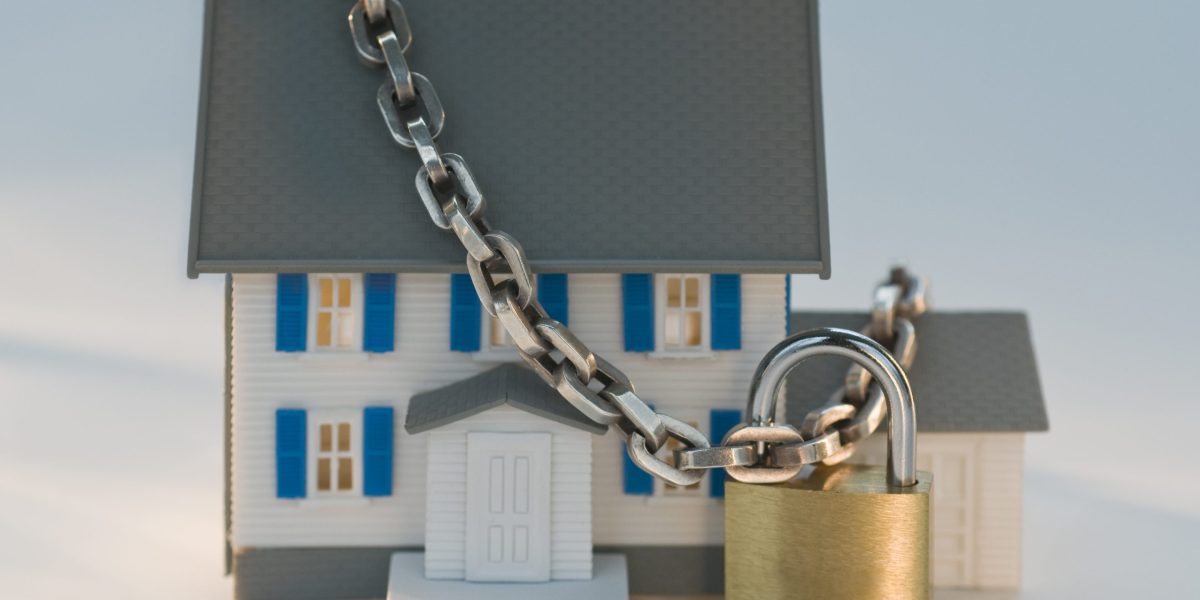Saw this in a news article: The monthly principal payments on a $1M note at 3% is equal to the monthly payments of a $500,000 note at 9%.
So a 6% jump in interest rate effectively halves your buying power. Of course people aren’t going to sell their houses if they don’t have to.
Edit: got my percentages 1 point off.
which is precisely what needs to happen to bring housing costs down.
3% mortgages vastly inflated home prices. the people who bought at the top of the market should be feeling the hurt just like they did in 2008.
2008 saw the unprecedented approval of loans, but also there were a LOT of adjustable or variable rate mortgages. So as rates increased sharply, people all of a sudden were deep under water. At least here they still have low rates. even if it is on a higher priced house, their payments won’t be getting worse.
But yes housing prices are out of control. People are starting to feel it, and it could very quickly go wrong for people. People even have crazy high loans on used cars. Going to be very interesting how it plays out.
i rent an affordable apartment and have a paid off car.
3/4 people i have met in the past 5 years thinks I’m crazy for not being leveraged up the wazoo like they are.
Yea like what? Why pay 50% more for a house or have a “market adjusted rate” on a used car. These assets are not worth leveraging that much for.
In a clash of opposing forces, the U.S. housing market finds itself embroiled in a fierce battle. On one side, deteriorated affordability resulting from a spike in mortgage rates from 3% to over 6% in 2022, just after national home prices surged by more than 40% during the Pandemic Housing Boom, is exerting downward pressure on home prices. On the other side, the scarcity of existing inventory, exacerbated by the “lock-in effect,” as many homeowners are reluctant to sell and buy anew, fearing the tradeoff from a 2% or 3% mortgage rate to one in the 6% to 7% range, is exerting upward pressure on home prices.
I feel like there’s also a “locked out” effect… As in I’m locked out of the housing market entirely now. It’s insanely frustrating as I was just working on a promotion that would leave me comfortably affording the cheaper houses, then covid screwed everything… Now I’d be paycheck to paycheck in a dilapidated shithole in the worst parts of the worst towns around and the way housing seems to work, it’s just infinite growth forever so it’s never going back down…
This is going to have an interesting effect on the labor market. With people being ‘locked-in’ it will ultimately reduce worker mobility. Combine with the emphasis on ‘back to the office’, this will reduce the labor pool available to employers.
The good news is that new build costs are coming down and builders are starting to ramp up again.
History has shown the working middle class owning a home is good for the economy because of upward mobility. I think you have it spot on.



